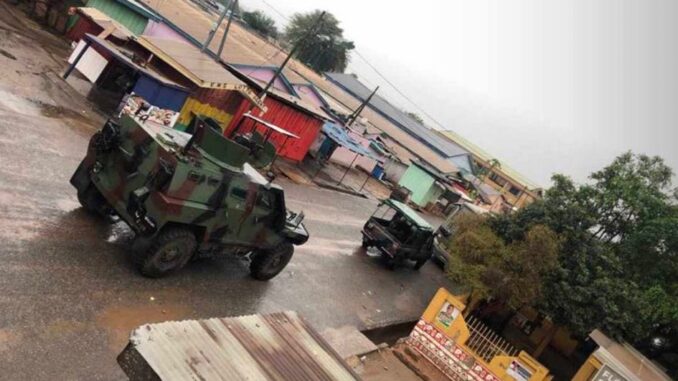
In Ghana, growing calls for accountability within the armed forces have emerged after multiple reports of soldiers attacking civilians in retaliation for military casualties.
The recent incidents, particularly in Bawku, have raised serious concerns about the reputation of Ghana’s military, once known for its professionalism and discipline. In mid-March, soldiers from the 11th Mechanized Battalion were accused of beating women, children, and the elderly following the killing of a military officer. Local MP Thomas Anaba condemned the indiscriminate violence, emphasizing that punishing innocent civilians was not justice. This is not an isolated incident — similar attacks on civilians have occurred in other regions, including Ashaiman-Taifa and Ejura, where soldiers have been involved in excessive force against the public.
Security analysts and lawmakers have expressed concern that such actions are becoming normalized and that those responsible are rarely held accountable. Ibrahim Abode, a local reporter, and Adib Sanni, a security expert, argue that the military’s tendency to retaliate without restraint is undermining the rule of law and public trust in the armed forces.
In response to the growing concern, president John Dramani Mahama recently tasked the newly formed seven-member Ghana Armed Forces Council with emphasizing discipline, integrity, and ethical leadership. He urged the council to address misconduct and ensure that the military upholds its reputation for professionalism and respect. As calls for a transparent investigation into these incidents intensify, many urge the government to take swift action to restore accountability and prevent further civilian harm.
